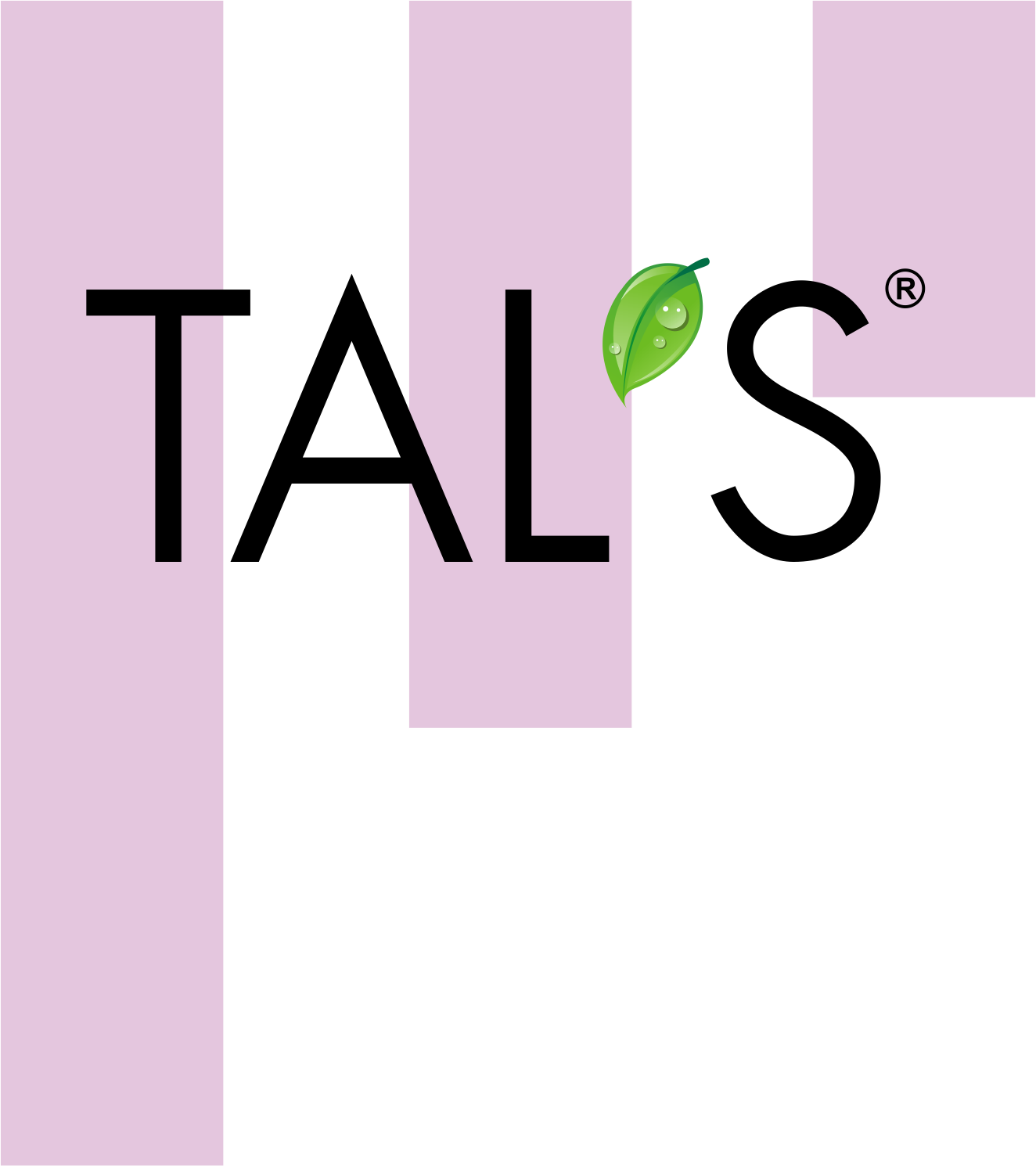Dealing with Depression: A Guide to Effective Treatment
According to the American Anxiety and Depression Association (AADA), depression is a common illness, with up to 264 million people suffering from it globally. In America alone, 17.3 million adults over the age of 17 were suffering from depression in 2017. Since the pandemic broke out, there has been a steady rise in the number of people suffering from anxiety and depression.

What Is Depression?
The American Psychiatric Association defines depression as a severe mental illness that can manifest itself in various symptoms. These include:
- An extended period of sadness or grief
- Loss of interest and pleasure in activities one enjoyed previously
- Loss of energy and increased fatigue and tiredness
- Disturbed sleeping patterns; sleeping too much or too little
- Feeling guilty or worthless
- Inability to focus and constant, intrusive thoughts
- Feeling suicidal and wanting to end life
Depression is distinguishable from grief or sadness, which is not as long-lasting nor as effective in shattering one’s self-esteem.
Why Does It Happen?
Depression may be triggered by certain life events, diseases, or chemical imbalances in the body. Certain risk factors make a person more prone to it. These are:
Genetic factors
If there is a family history of mental illness, it may be passed on from generation to generation, making one more likely to develop depression.
Environmental factors
If a person grows up in a neglectful or abusive environment, they are more likely to develop depressive patterns of thought.
A person’s personality
A person with low self-esteem or a someone who gets overwhelmed easily may be at a higher risk of developing depressive disorders.
How Do You Treat It
Treating depression is a time-consuming process, especially if the issues in the mind of a person are more complex or have been there for a long time. Here are the common ways to treat depression:

Psychotherapy
Psychotherapy is a form of talk therapy where the person who is depressed is encouraged to talk about their issues. Cognitive Behavioral Therapy (CBT) helps identify the problems and encourages the person answer their questions.
Self-help
Exercising, eating better food, making more friends, going out can all be possible ways of fighting an endless cycle of dark, anxious thoughts.
Medication
Doctors may also prescribe medication to relieve anxiety or help induce sleep and help a person relax. CBD infused products such as CBD oil are known to ease anxiety and related symptoms.
TAL’S GreatHealthyLife.com brings you great products to deal with symptoms of anxiety and depression. Try TAL’S CBD droplets 1000mg” and Hemp-derived THC Free CBD for coping with symptoms of depression and get a blissful night's sleep.
